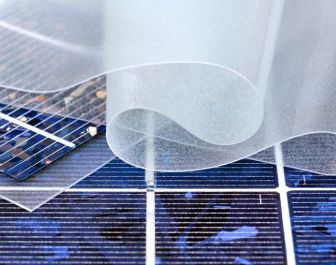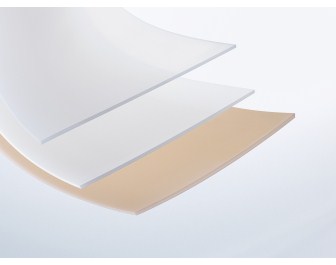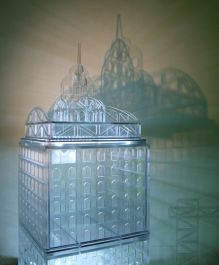
Tests done by the Photovoltaik-Institut Berlin, Germany shows that solar modules encapsulated with Wacker’s thermoplastic silicone elastomer Tectosil prevents undesired performance losses, according to Wacker Chemie AG. Potential-induced degradation (PID) is caused by undesired leakage currents on the cell surface. They cause negative charge carriers that would normally flow to the cell’s back contact to be discharged via the encapsulation and module frame, unused.
Penetrating moisture and high module voltages promote this type of discharge, which can cause considerable performance losses. Measurements by the Photovoltaik-Institut Berlin show that such PID effects can be effectively suppressed, or that they don’t even arise, with Tectosil encapsulants, Wacker says. To this end, solar modules encapsulated with Tectosil were tested as per IEC standard 60904-1 at a system voltage of 1,000 volts. Unlike the reference modules, which, in part, displayed PID effects, the Berlin testers could not ascertain any PID-related performance losses in the Tectosil modules.
According to the material company, the modules encapsulated with Tectosil showed no signs of PID, either in their voltage characteristics or during subsequent electroluminescence analysis. The voltage characteristics of cells are tested for 48 hours at 85°C and 85% relative humidity. “The PI’s results confirm our own tests,” says Dr Jürgen Küpfer, Senior Manager for new businesses at Wacker. “We now have clear proof that Tectosil is capable of reliably suppressing PID effects in solar cells.” Tectosil is a flexible, highly transparent and electrically insulating sheet comprising an organo silicone copolymer.
Source : http://www.adsalecprj.com/Publicity/MarketNews/lang-eng/article-127547/Article.aspx







